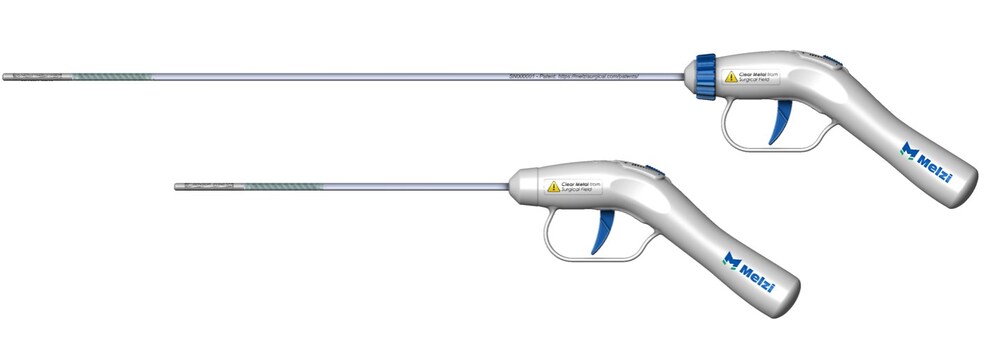Retained Surgical Items (RSIs) are soft goods (e.g., sponges, towels) and hard goods (e.g., instruments, needles, fragments, screws, guidewires) that are unintentionally left in the patient during surgery. RSIs are one of the top three Joint Commission never-events every year for the last decade. Government data estimates between ~4,500 – 6,000 RSIs occur per year with the actual number being unknown1. Many hospital facilities have experienced a reduction in RSI cases related to soft goods by adopting one of the commercially available sponge detection systems. However, under current established safety protocols, RSI cases relating to hard goods continue to rise, especially due to the increased use of robot-assisted surgeries and the use of smaller instruments and needles2.
It is common practice for Operating Room (OR) nurses to conduct a physical count of all items used during surgery to confirm nothing is missing. Still, miscounts happen in 1 out of 8 cases and counting methods do not cover situations of broken instruments, fragments, screws, or guidewire bits3. The main contributing factors of RSIs were identified as human factors (e.g., distraction, insufficient knowledge), leadership (e.g., insufficient policies or compliance), and communication (e.g., with physician, peer-to-peer, or language failure).4 In fact, A root cause analysis report by the Veterans Health Administration (VHA) on its 1.5 million safety reports showed that intravascular loss of guidewires is an act of omission error.

